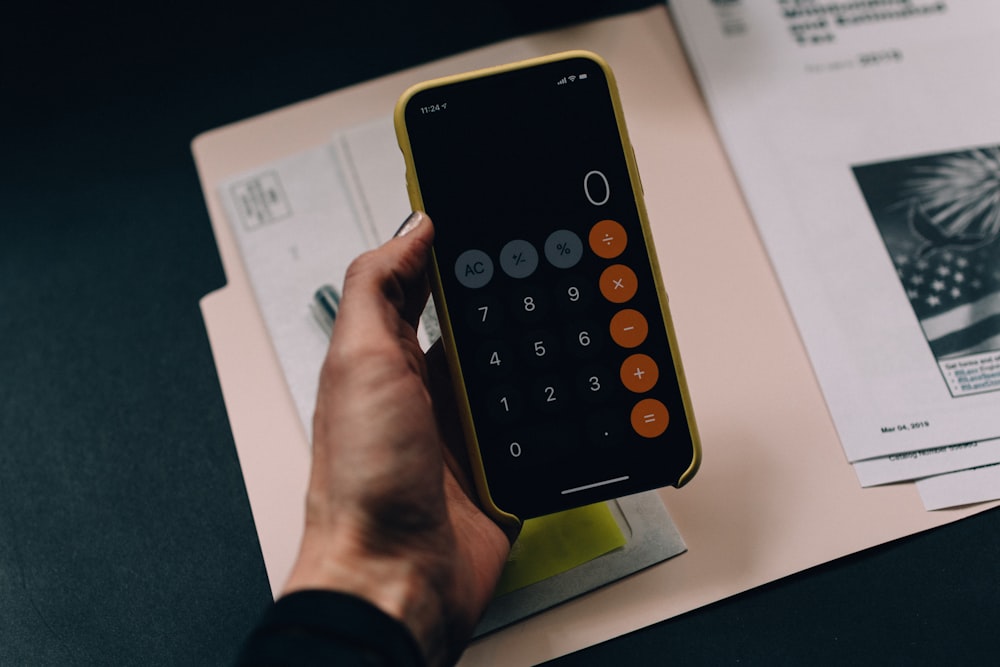Maximize Your Tax Savings with Invoice-Related Deductions
Small businesses can claim an average of $7,500 in additional tax deductions by properly documenting invoice-related expenses. Yet 68% of small business owners miss these opportunities because they don't know what qualifies.
The IRS allows businesses to deduct ordinary and necessary expenses for conducting business. Here are 15 invoice-related expenses that can significantly reduce your tax burden.
1. Invoicing Software Subscriptions
Average Annual Deduction: $300-$1,200
What Qualifies: Monthly or annual fees for invoicing platforms, accounting software, and business management tools.
Documentation Needed: Receipts, bank statements, software agreements.
2. Professional Invoice Template Design
Average Deduction: $150-$500
What Qualifies: Custom invoice templates, letterhead design, branding elements.
Tax Tip: This counts as advertising expense, fully deductible in the year purchased.
3. Payment Processing Fees
Average Annual Deduction: $800-$3,000
What Qualifies: Credit card processing fees, PayPal fees, bank transfer charges, ACH fees.
Important: These are 100% deductible as business expenses.
4. Postage and Mailing Costs
Average Deduction: $200-$800
What Qualifies: Stamps, certified mail, courier services for sending invoices and contracts.
Record Keeping: Keep receipts and note the business purpose.
5. Office Supplies for Invoicing
Average Deduction: $300-$600
What Qualifies: Paper, envelopes, printer ink, filing supplies, stamps.
Tip: Even if you're mostly digital, physical backup documentation supplies qualify.
6. Professional Services
Average Deduction: $500-$2,000
What Qualifies: Accountant fees for invoice review, legal fees for contract templates, bookkeeping services.
Documentation: Keep detailed invoices from service providers.
7. Bank Fees Related to Business Accounts
Average Deduction: $240-$600
What Qualifies: Monthly maintenance fees, wire transfer fees, overdraft fees (if business-related).
Note: Only business account fees qualify, not personal account fees.
8. Internet and Phone Services
Average Deduction: $600-$1,800
What Qualifies: Business portion of internet, phone, and mobile services used for invoicing.
Calculation: If 50% business use, deduct 50% of the cost.
9. Computer and Equipment Depreciation
Average Annual Deduction: $300-$1,000
What Qualifies: Computers, printers, scanners, tablets used for invoicing.
Method: Can deduct full cost in year one (Section 179) or depreciate over several years.
10. Training and Education
Average Deduction: $200-$1,000
What Qualifies: Courses on invoicing, accounting software training, business finance education.
Examples: Online courses, webinars, books, seminars.
11. Collection Agency Fees
Average Deduction: $500-$2,000
What Qualifies: Fees paid to collection agencies for overdue invoices.
Note: This is a business expense, fully deductible.
12. Legal Fees for Collections
Average Deduction: $300-$1,500
What Qualifies: Attorney fees for collecting overdue invoices, breach of contract cases.
Documentation: Keep detailed legal bills and case documentation.
13. Business Insurance
Average Deduction: $400-$1,200
What Qualifies: Professional liability insurance, errors and omissions insurance.
Relevance: Protects against invoicing errors and client disputes.
14. Travel Expenses for Client Meetings
Average Deduction: $500-$2,000
What Qualifies: Travel to deliver invoices, collect payments, or discuss billing issues.
Records: Keep mileage logs and receipts.
15. Bad Debt Write-offs
Average Deduction: $1,000-$5,000
What Qualifies: Unpaid invoices that are genuinely uncollectible.
Requirements: Must have tried to collect, and debt must be worthless.
Maximizing Your Deductions: Best Practices
1. Keep Detailed Records: Document everything with receipts, invoices, and expense logs.
2. Use Business Accounts: Separate business and personal expenses completely.
3. Track Time and Usage: For mixed-use items, calculate business percentage accurately.
4. Consult a Professional: A tax professional can identify additional deductions you might miss.
Real-World Example
Maria, a freelance consultant, implemented proper expense tracking and found these deductions:
- Invoicing software: $480/year
- Payment processing fees: $1,200/year
- Professional services: $800/year
- Office supplies: $300/year
- Internet (business portion): $600/year
- Total additional deductions: $3,380
- Tax savings (25% bracket): $845
Important Disclaimers
• This information is for educational purposes only
• Tax laws change frequently
• Consult a qualified tax professional for your specific situation
• Keep detailed records for all deductions
Conclusion
Invoice-related expenses can provide significant tax savings for small businesses. The key is proper documentation and understanding what qualifies as a legitimate business expense.
Start tracking these expenses today to maximize your next tax return and improve your business's financial health.
